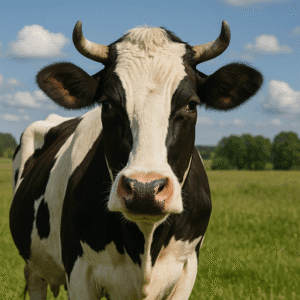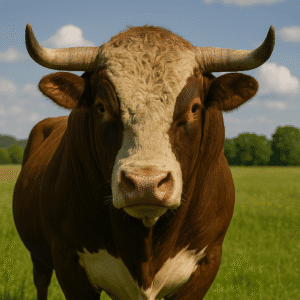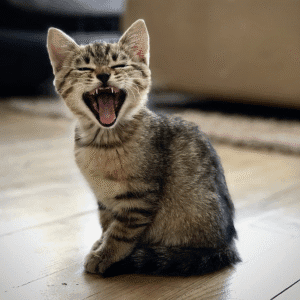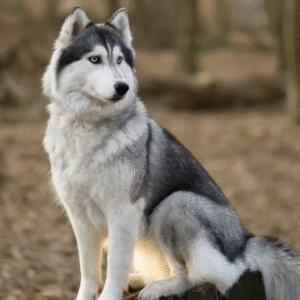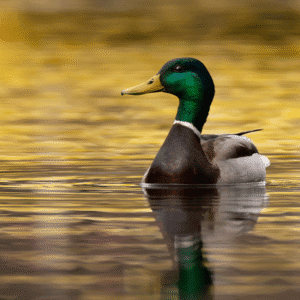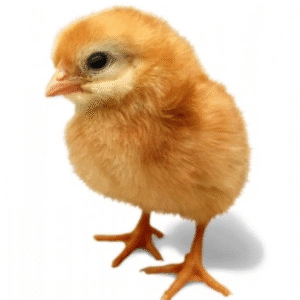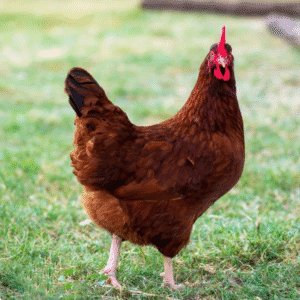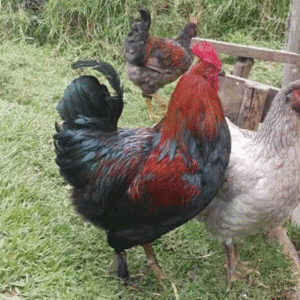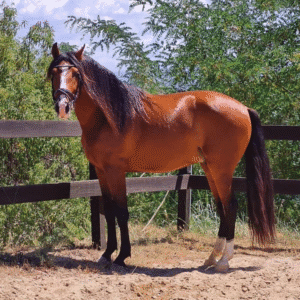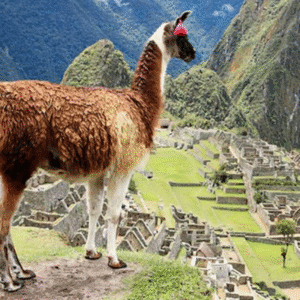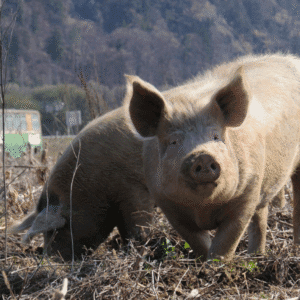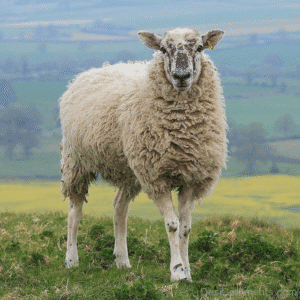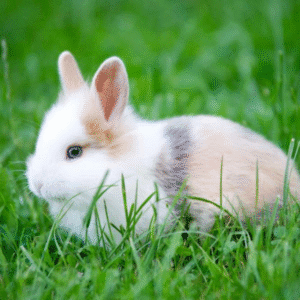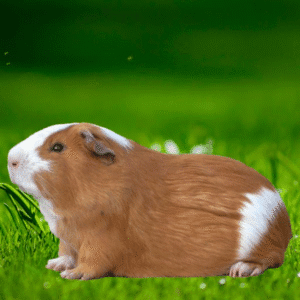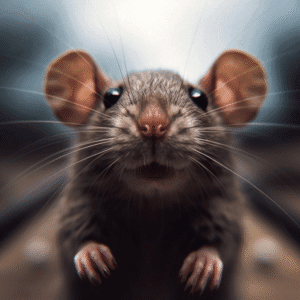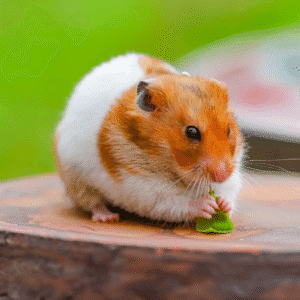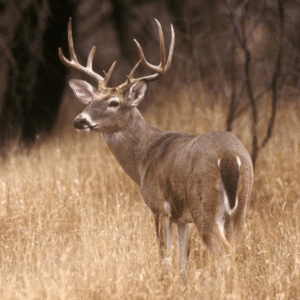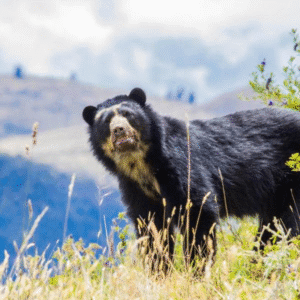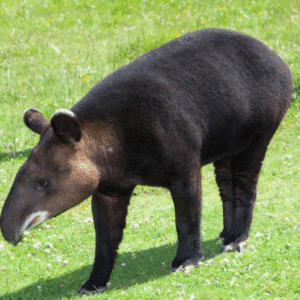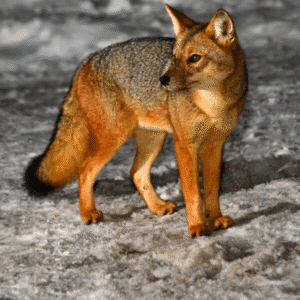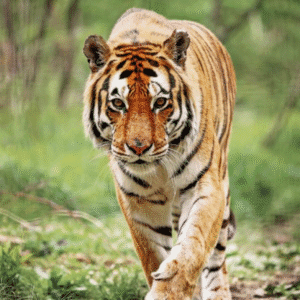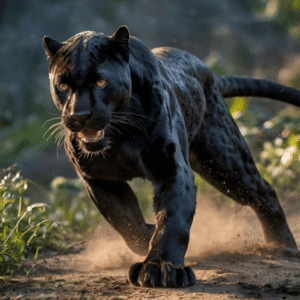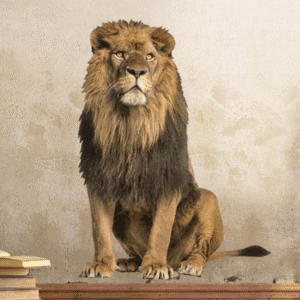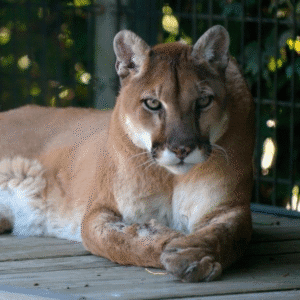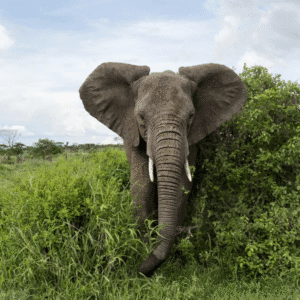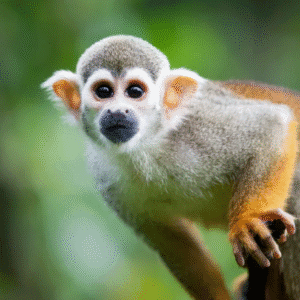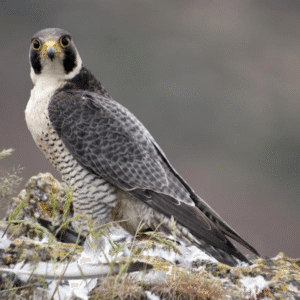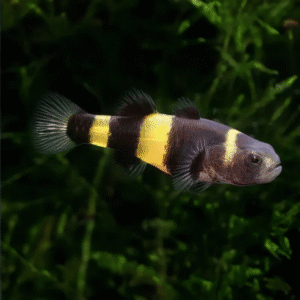Vocabulario de Animales en Inglés: ¡La Guía Definitiva!
¡Explora el reino animal! Domina el vocabulario de animales en inglés con esta guía práctica y completa. Desde los majestuosos mamíferos hasta los pequeños insectos, aprenderás los términos esenciales para describir cada criatura. Ya sea para hablar de la naturaleza, visitar un zoológico o simplemente para expresarte con más fluidez, este vocabulario te será de gran utilidad. Además, cada término incluye un ejemplo y un botón para que escuches su pronunciación correcta.
Mamíferos y Aves
Términos Esenciales
Aprende palabras clave para describir todo tipo de animales, desde mascotas comunes hasta especies salvajes.
Ejemplos Prácticos
Cada término viene con una oración para que comprendas su significado y uso en un contexto real.
1. Dog
Ejemplo: My dog loves to play fetch in the park. (A mi perro le encanta jugar a la pelota en el parque.)
2. Cat
Ejemplo: The cat purred happily on my lap. (El gato ronroneó felizmente en mi regazo.)
3. Horse
Ejemplo: She rode a beautiful brown horse. (Ella montó un hermoso caballo marrón.)
4. Cow
Ejemplo: The cow grazed peacefully in the field. (La vaca pastaba tranquilamente en el campo.)
5. Pig
Ejemplo: The little pig rolled in the mud. (El cerdito rodó en el barro.)
6. Sheep
Ejemplo: The farmer sheared the sheep for wool. (El granjero esquiló las ovejas para obtener lana.)
7. Chicken
Ejemplo: The chicken laid an egg this morning. (La gallina puso un huevo esta mañana.)
8. Duck
Ejemplo: The duck swam gracefully on the pond. (El pato nadó con gracia en el estanque.)
9. Elephant
Ejemplo: An elephant is the largest land animal. (Un elefante es el animal terrestre más grande.)
10. Lion
Ejemplo: The lion roared loudly in the savanna. (El león rugió fuerte en la sabana.)
11. Tiger
Ejemplo: A tiger has distinctive black stripes. (Un tigre tiene rayas negras distintivas.)
12. Bear
Ejemplo: A brown bear was seen near the forest. (Se vio un oso pardo cerca del bosque.)
13. Wolf
Ejemplo: The wolf howled at the full moon. (El lobo aulló a la luna llena.)
14. Fox
Ejemplo: A clever fox outsmarted the hunters. (Un astuto zorro superó a los cazadores.)
15. Deer
Ejemplo: We saw a deer grazing in the meadow. (Vimos un ciervo pastando en el prado.)
16. Rabbit
Ejemplo: The rabbit hopped quickly across the lawn. (El conejo saltó rápidamente por el césped.)
17. Squirrel
Ejemplo: A squirrel buried its nuts for winter. (Una ardilla enterró sus nueces para el invierno.)
18. Monkey
Ejemplo: The monkey swung from tree to tree. (El mono se balanceaba de árbol en árbol.)
19. Zebra
Ejemplo: A zebra has unique black and white stripes. (Una cebra tiene rayas blancas y negras únicas.)
20. Giraffe
Ejemplo: The giraffe has a very long neck. (La jirafa tiene un cuello muy largo.)
21. Kangaroo
Ejemplo: A kangaroo carries its baby in a pouch. (Un canguro lleva a su cría en una bolsa.)
22. Panda
Ejemplo: The giant panda is a symbol of conservation. (El panda gigante es un símbolo de conservación.)
23. Penguin
Ejemplo: Penguins live in cold climates. (Los pingüinos viven en climas fríos.)
24. Owl
Ejemplo: The owl hooted in the night. (El búho ululó en la noche.)
25. Eagle
Ejemplo: An eagle soared high above the mountains. (Un águila se elevó alto sobre las montañas.)
26. Parrot
Ejemplo: The parrot can mimic human speech. (El loro puede imitar el habla humana.)
27. Sparrow
Ejemplo: A small sparrow landed on the window sill. (Un pequeño gorrión aterrizó en el alféizar de la ventana.)
28. Pigeon
Ejemplo: Pigeons are common in cities. (Las palomas son comunes en las ciudades.)
29. Swan
Ejemplo: A beautiful white swan glided on the lake. (Un hermoso cisne blanco se deslizó sobre el lago.)
30. Ostrich
Ejemplo: An ostrich is the largest bird, but it cannot fly. (Un avestruz es el ave más grande, pero no puede volar.)
31. Bat
Ejemplo: The bat is a nocturnal flying mammal. (El murciélago es un mamífero volador nocturno.)
32. Dolphin
Ejemplo: Dolphins are very intelligent marine mammals. (Los delfines son mamíferos marinos muy inteligentes.)
33. Whale
Ejemplo: The blue whale is the largest animal on Earth. (La ballena azul es el animal más grande de la Tierra.)
34. Seal
Ejemplo: A seal basked in the sun on the rocks. (Una foca se asoleaba en las rocas.)
35. Shark
Ejemplo: The great white shark is a formidable predator. (El gran tiburón blanco es un depredador formidable.)
36. Fish
Ejemplo: We caught a big fish in the lake. (Pescamos un pez grande en el lago.)
37. Octopus
Ejemplo: An octopus has eight arms. (Un pulpo tiene ocho brazos.)
38. Jellyfish
Ejemplo: Be careful of the jellyfish in the water. (Ten cuidado con las medusas en el agua.)
39. Crab
Ejemplo: The crab scuttled sideways on the sand. (El cangrejo se escabulló de lado por la arena.)
40. Starfish
Ejemplo: We found a beautiful starfish on the beach. (Encontramos una hermosa estrella de mar en la playa.)
41. Seahorse
Ejemplo: The male seahorse carries the eggs. (El caballito de mar macho lleva los huevos.)
42. Turtle
Ejemplo: The turtle slowly walked across the road. (La tortuga caminó lentamente por la carretera.)
43. Snake
Ejemplo: Be careful, there's a snake in the grass. (Ten cuidado, hay una serpiente en la hierba.)
44. Lizard
Ejemplo: A small green lizard darted across the wall. (Una pequeña lagartija verde corrió por la pared.)
45. Crocodile
Ejemplo: The crocodile lurked in the river. (El cocodrilo acechaba en el río.)
46. Alligator
Ejemplo: An alligator is similar to a crocodile but has a broader snout. (Un caimán es similar a un cocodrilo pero tiene un hocico más ancho.)
47. Frog
Ejemplo: The frog jumped into the pond. (La rana saltó al estanque.)
48. Toad
Ejemplo: A toad has rougher skin than a frog. (Un sapo tiene la piel más áspera que una rana.)
49. Salamander
Ejemplo: The salamander is an amphibian with a lizard-like appearance. (La salamandra es un anfibio con apariencia de lagarto.)
50. Newt
Ejemplo: A newt is a type of salamander that lives in water. (Un tritón es un tipo de salamandra que vive en el agua.)
Insectos, Arácnidos y Otros
51. Ant
Ejemplo: An ant carried a crumb twice its size. (Una hormiga llevaba una miga del doble de su tamaño.)
52. Bee
Ejemplo: The bee buzzed around the flower. (La abeja zumbó alrededor de la flor.)
53. Butterfly
Ejemplo: A colorful butterfly landed on my hand. (Una mariposa colorida aterrizó en mi mano.)
54. Mosquito
Ejemplo: A mosquito bit me on the arm. (Un mosquito me picó en el brazo.)
55. Fly
Ejemplo: A house fly landed on the table. (Una mosca doméstica aterrizó en la mesa.)
56. Spider
Ejemplo: The spider spun a intricate web. (La araña tejió una intrincada telaraña.)
57. Beetle
Ejemplo: A shiny black beetle crawled on the leaf. (Un escarabajo negro brillante se arrastró por la hoja.)
58. Ladybug
Ejemplo: A ladybug is considered good luck. (Una mariquita se considera de buena suerte.)
59. Grasshopper
Ejemplo: The grasshopper jumped high in the air. (El saltamontes saltó alto en el aire.)
60. Cricket
Ejemplo: The cricket chirped loudly at night. (El grillo cantó fuerte por la noche.)
61. Dragonfly
Ejemplo: A beautiful dragonfly hovered over the water. (Una hermosa libélula revoloteó sobre el agua.)
62. Moth
Ejemplo: A large moth flew into the light. (Una gran polilla voló hacia la luz.)
63. Wasp
Ejemplo: Be careful, that wasp might sting you. (Ten cuidado, esa avispa podría picarte.)
64. Snail
Ejemplo: The snail left a trail of slime. (El caracol dejó un rastro de baba.)
65. Worm
Ejemplo: The bird pulled a worm from the ground. (El pájaro sacó un gusano de la tierra.)
66. Earthworm
Ejemplo: Earthworms are good for the soil. (Las lombrices de tierra son buenas para el suelo.)
67. Centipede
Ejemplo: A centipede has many legs. (Un ciempiés tiene muchas patas.)
68. Millipede
Ejemplo: A millipede has even more legs than a centipede. (Un milpiés tiene aún más patas que un ciempiés.)
69. Scorpion
Ejemplo: The scorpion raised its tail to strike. (El escorpión levantó la cola para atacar.)
70. Tick
Ejemplo: Check yourself for ticks after hiking. (Revísate para ver si tienes garrapatas después de hacer senderismo.)
71. Flea
Ejemplo: My dog had fleas and needed treatment. (Mi perro tenía pulgas y necesitaba tratamiento.)
72. Lice
Ejemplo: Children can sometimes get lice at school. (Los niños a veces pueden tener piojos en la escuela.)
73. Cockroach
Ejemplo: I saw a cockroach scuttling in the kitchen. (Vi una cucaracha correteando en la cocina.)
74. Termite
Ejemplo: Termites can cause serious damage to wooden structures. (Las termitas pueden causar graves daños a las estructuras de madera.)
75. Wasp
Ejemplo: A wasp built a nest under the eaves. (Una avispa construyó un nido bajo el alero.)
76. Hornet
Ejemplo: A hornet is a large, aggressive wasp. (Un avispón es una avispa grande y agresiva.)
77. Ladybird (UK) / Ladybug (US)
Ejemplo: The children loved watching the ladybugs in the garden. (A los niños les encantaba observar las mariquitas en el jardín.)
78. Cricket
Ejemplo: The sound of crickets filled the summer night. (El sonido de los grillos llenó la noche de verano.)
79. Praying mantis
Ejemplo: A praying mantis is a fascinating insect predator. (Una mantis religiosa es un fascinante insecto depredador.)
80. Stick insect
Ejemplo: The stick insect blends perfectly with its surroundings. (El insecto palo se camufla perfectamente con su entorno.)
81. Caterpillar
Ejemplo: The caterpillar will soon turn into a butterfly. (La oruga pronto se convertirá en mariposa.)
82. Maggot
Ejemplo: The decaying fruit was covered in maggots. (La fruta en descomposición estaba cubierta de gusanos.)
83. Leech
Ejemplo: He had a leech attached to his leg after swimming in the swamp. (Tenía una sanguijuela pegada a la pierna después de nadar en el pantano.)
84. Slug
Ejemplo: The slug left a slimy trail on the pavement. (La babosa dejó un rastro de baba en el pavimento.)
85. Spider mite
Ejemplo: Spider mites are tiny pests that can damage plants. (Los ácaros araña son pequeñas plagas que pueden dañar las plantas.)
86. Aphid
Ejemplo: Aphids are small insects that feed on plant sap. (Los pulgones son pequeños insectos que se alimentan de la savia de las plantas.)
87. Flea beetle
Ejemplo: Flea beetles can jump like fleas and damage crops. (Los escarabajos pulga pueden saltar como pulgas y dañar los cultivos.)
88. Weevil
Ejemplo: A weevil is a type of beetle that feeds on plants or stored grain. (Un gorgojo es un tipo de escarabajo que se alimenta de plantas o granos almacenados.)
89. Earwig
Ejemplo: An earwig has pincers at its rear end. (Una tijereta tiene pinzas en su parte trasera.)
90. Silverfish
Ejemplo: Silverfish are small, wingless insects that like damp environments. (Los pececillos de plata son pequeños insectos sin alas que les gustan los ambientes húmedos.)
91. Booklouse
Ejemplo: Booklice are tiny insects that feed on mold and paper. (Los piojos de los libros son pequeños insectos que se alimentan de moho y papel.)
92. Dust mite
Ejemplo: Dust mites are microscopic creatures that live in house dust. (Los ácaros del polvo son criaturas microscópicas que viven en el polvo de la casa.)
93. Bed bug
Ejemplo: Bed bugs are small, nocturnal insects that feed on human blood. (Las chinches son pequeños insectos nocturnos que se alimentan de sangre humana.)
94. Flea
Ejemplo: The cat was scratching because it had fleas. (El gato se rascaba porque tenía pulgas.)
95. Tick
Ejemplo: A deer tick can transmit Lyme disease. (Una garrapata de venado puede transmitir la enfermedad de Lyme.)
96. Mite
Ejemplo: Some plants are susceptible to mite infestations. (Algunas plantas son susceptibles a las infestaciones de ácaros.)
97. Scorpion
Ejemplo: Be careful when camping in the desert, you might encounter a scorpion. (Ten cuidado al acampar en el desierto, podrías encontrarte con un escorpión.)
98. Tarantula
Ejemplo: A tarantula is a large, hairy spider. (Una tarántula es una araña grande y peluda.)
99. Black widow
Ejemplo: The black widow spider is known for its venomous bite. (La araña viuda negra es conocida por su mordedura venenosa.)
100. Centipede
Ejemplo: I found a centipede under the rock. (Encontré un ciempiés debajo de la roca.)
¡Test de Práctica!
Presiona el botón para empezar el test.
